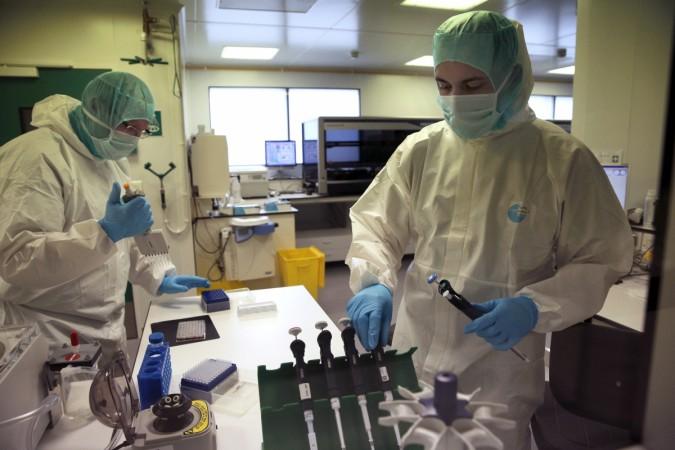
The world spent a whopping $107 billion on cancer drugs in 2015, health data firm IMS Health said in an official statement released on Thursday. According to a report released by the firm, global spending on therapeutic treatments and supportive drugs increased by 11.5 percent in 2015.
Over 20 tumour types are being treated with one or more of the 70 new cancer treatments, which were launched over the past five years, revealed the IMS report. It estimated that the cancer treatment market is likely to reach $150 billion by 2020.
Researchers are also focusing on replacing the conventional cancer therapies with new models of treatment, according to the report. "Wider utilisation of new products — especially immunotherapies — will drive much of the growth, offset by reduced use of some existing treatments with inferior clinical outcomes. Payers also are expected to tighten their negotiation stance with manufacturers and adopt new payment models in an effort to drive greater value from their expenditures on these drugs," the report added.
Currently over 500 companies around the world are actively pursuing research for developing new cancer treatments. The researches have led to the development of 600 new molecules, which could be used for the treatment of various types of cancers, such as breast, thyroid, ovarian, lung and colorectal carcinomas.
"The new science redefining cancer as a large number of narrowly defined diseases and yielding therapeutic options for an expanding number of patients is rapidly transforming the oncology treatment landscape," said Murray Aitken, the Senior Vice President and Executive Director of the IMS Institute for Healthcare Informatics.
Murray said that countries all over the world should take a cue from United States President Barack Obama's 'moonshot initiative' that has ensured that sufficient funds are allocated for new cancer research.
"Most health systems are struggling to adapt and embrace this evolution — including the regulatory systems, skilled professionals, diagnostic and treatment infrastructures, and financing mechanisms that are required to serve the needs of cancer patients around the world," he added.
The report further said that only the developed countries in the world, such as the U.S., Germany, Italy, France and Canada have access to advanced cancer treatments because of easy regulatory norms, and financial reimbursements to drug manufacturers.

















